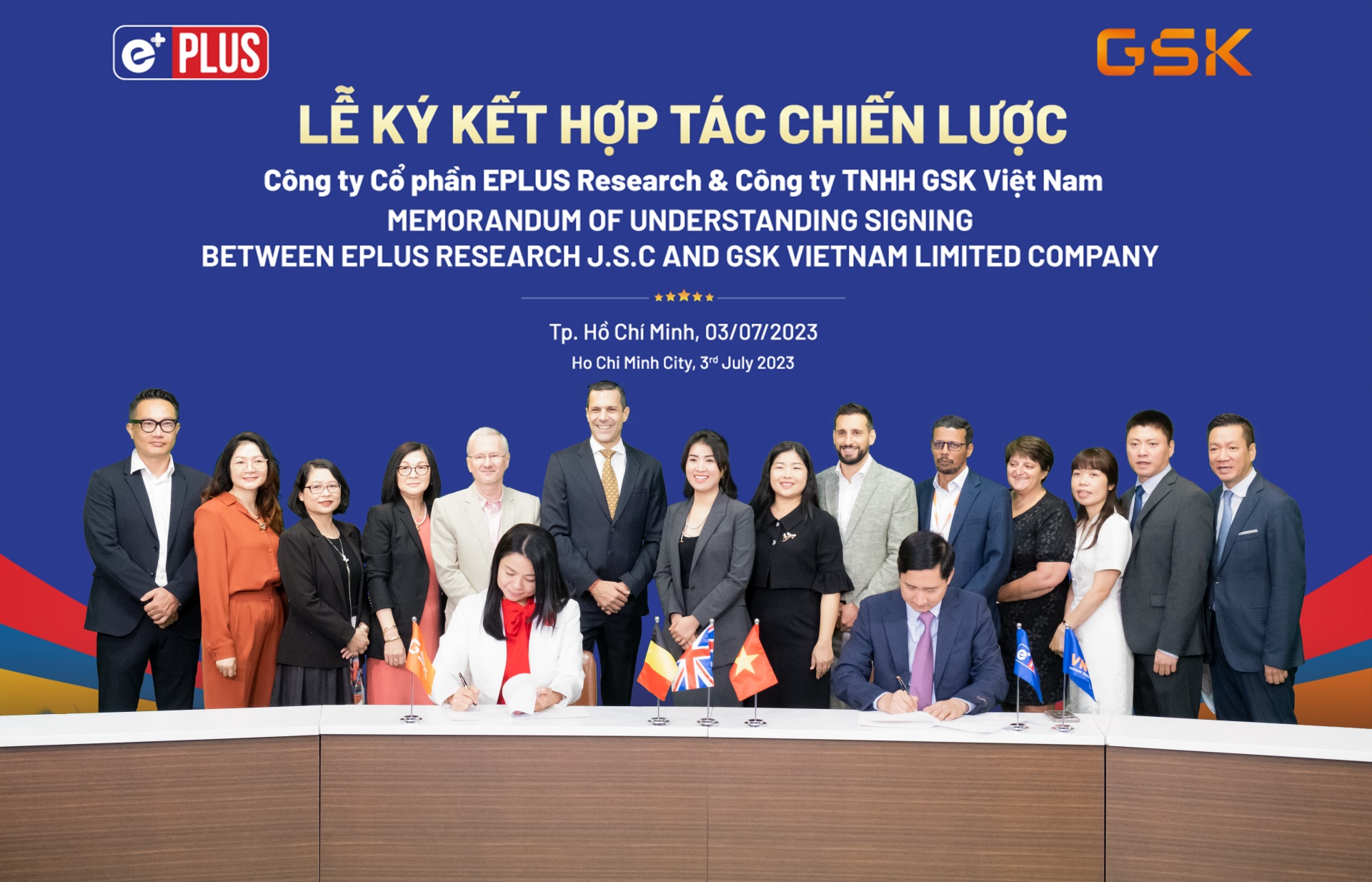First international summit on shingles prevention held in Vietnam
In Vietnam, more than 150 leading healthcare professionals in the fields of cardiovascular, endocrinology, rheumatology, geriatrics, infectious diseases, preventive and general medical practitioners from Southeast Asia gathered in Ho Chi Minh City on November 16 to share diverse perspectives and discuss scientific data, disease burden, global clinical practices, and solutions for adult disease prevention.
 |
| First international scientific summit on shingles prevention in adults held in Vietnam |
Important issues highlighted by experts at the summit included that ageing weakens the immune system, increasing vulnerability to infections; shingles presents a significant threat beyond skin lesions and pain, especially for adults over 50 and those with compromised immune system, comorbidities increase the risk of shingles, and the prevalence of multiple comorbidities rises with age, compounding this risk; and physicians play a crucial role to protect older adults.
According to experts, as people age, the function of the immune system declines, a process known as immunosenescence, which includes both genetic and environmental factors.
Dr. Anita Sharma, a medical lecturer at the Royal Australian College of General Practitioners, University of Queensland, and director of the Platinum Medical Centre in Brisbane, Australia, said, “As the immune system weakens, the risk of infectious diseases increases along with their complex complications. Age is the leading risk factor for shingles. The incidence of shingles rises sharply after age 50, with data recorded in various regions such as North America, Europe, Asia."
One in three adults will develop shingles, and the complications of the disease are considered a threat to both physical health and the quality of life of patients. Shingles complications include postherpetic neuralgia, which can last more than three months after the onset of the disease, with the risk increasing significantly from age 50.
Additionally, other rare complications of shingles have been reported, such as vision loss following shingles in the eye area, and hearing loss. Studies have shown association of shingles with cardiovascular complications such as myocardial infraction or heart attack and stroke. Pain from shingles significantly affects the quality of life, impacting sleep, daily activities, work, and mood, leading to a sense of not enjoying life. Dr. Anita further elaborated on the risks and burden of the disease.
According to Dr. Than Ha Ngoc The, former head of the Department of Geriatrics and Palliative Care at the University of Medicine and Pharmacy, Ho Chi Minh City, the prevalence of chronic diseases in people aged 50 and over is quite common, including having at least two chronic diseases recorded in different age groups.
“Patients with chronic diseases have an increased risk of developing shingles along with serious complications of the disease. The risk of shingles is much higher in over-50 patients with diseases such as diabetes, hypertension or kidney diseases,” she said.
Shingles has been associated with an increased risk of cardiovascular events and hospitalisation. In some studies, episodes of shingles were shown to be linked to increased risk of myocardial infarction and stroke. By age group, older patients and those with chronic conditions such as cardiovascular disease are patients aged 51–70 have a higher risk of shingles recurrence compared to those of younger ages.
Shingles may trigger worsening or exacerbation of chronic obstructive pulmonary disease, increase symptoms or dyspnoea, hospitalisation, and receive prescription medication. Additionally, asthma can increase the risk of shingles complications, such as postherpetic neuralgia and corneal inflammation due to shingles.
Diabetic patients have a higher risk of prolonged postherpetic pain (6 months) compared to non-diabetic individuals. Shingles has been associated with negatively affect blood glucose control, with HbA1c increasing by 24 per cent in previously well-controlled patients. Medical costs associated with shingles outbreaks rise, indicating that shingles can become more severe in diabetic patients.
Many national recommendations advocate for vaccination with the shingles vaccine for adults aged 50 and older to prevent the disease, including specific guidelines for those with underlying conditions. Countries such as the US, Germany, Canada, Spain, and Italy have provided guidelines for shingles prevention through vaccinations.
It is estimated that annually, vaccinations can save four to five million lives globally, prevent over five million cases of illness, nine million cases of potential long-term disabilities, and 20 million deaths from 2001 to 2020. Vaccinations can also significantly control infectious diseases.
However, as a lesson from influenza vaccinations, challenges remain with low vaccination coverage among adults and those with chronic conditions. Reasons include low awareness of vaccine-preventable diseases, concerns about the effectiveness and safety of vaccines, and worries about costs and barriers to implementation in healthcare facilities. Therefore, according to Dr. Anita Sharma, quoting recommendations from the Centres for Disease Control and Prevention, doctors play an essential role in advising and recommending appropriate vaccination plans to patients, as healthcare professionals are the most valued and trusted source of health information for adults.
Arnas Berzanskis, vice president and regional medical affairs head at GSK Emerging Markets, stated, "As we age, our immune system declines; this is a reality we must accept. Consequently, the risk of infectious diseases becomes higher than usual. GSK recognises the importance of addressing healthcare challenges related to infectious diseases by collaborating with health authorities, international and local medical associations, and leading experts to help healthcare professional, patients, and communities increase their awareness of diseases, recognise risks, and prevent vaccine-preventable diseases. Together, we can get ahead of diseases in the coming era of population ageing."
 | GSK Vietnam and EPLUS partner to increase access to new vaccines GSK Vietnam and EPLUS Research JSC signed an MoU for a strategic partnership on July 3 to bring new medicines and vaccines to Vietnam and help people access the world's innovative healthcare solutions. |
 | GSK: from treatment to prevention for healthy ageing Dr. Pham Thi My Lien, president of GSK Vietnam, spoke with VIR’s Bich Thuy about the importance of adult vaccinations, one of the most effective interventions contributing to improved quality of life, reducing the burden on healthcare, the economy, and society. |
What the stars mean:
★ Poor ★ ★ Promising ★★★ Good ★★★★ Very good ★★★★★ Exceptional
Themes: Healthcare Platform
- Opella and Long Chau join forces to enhance digestive and bone health
- Hanoi intensifies airport monitoring amid Nipah disease risks
- Cosmetics rules set for overhaul under draft decree
- Policy obstacles being addressed in drug licensing and renewal
- Sanofi, Long Chau Pharmacy relaunch medicine blister pack collection initiative
Related Contents
Latest News
More News
- Vietnam forest protection initiative launched (February 07, 2026 | 09:00)
- China buys $1.5bn of Vietnam farm produce in early 2026 (February 06, 2026 | 20:00)
- Vietnam-South Africa strategic partnership boosts business links (February 06, 2026 | 13:28)
- Mondelez Kinh Do renews the spirit of togetherness (February 06, 2026 | 09:35)
- Seafood exports rise in January (February 05, 2026 | 17:31)
- Accelerating digitalisation of air traffic services in Vietnam (February 05, 2026 | 17:30)
- Ekko raises $4.2 million to improve employee retention and financial wellbeing (February 05, 2026 | 17:28)
- Dassault Systèmes and Nvidia to build platform powering virtual twins (February 04, 2026 | 08:00)
- The PAN Group acquires $56 million in after-tax profit in 2025 (February 03, 2026 | 13:06)
- Young entrepreneurs community to accelerate admin reform (February 03, 2026 | 13:04)

 Tag:
Tag:





















 Mobile Version
Mobile Version